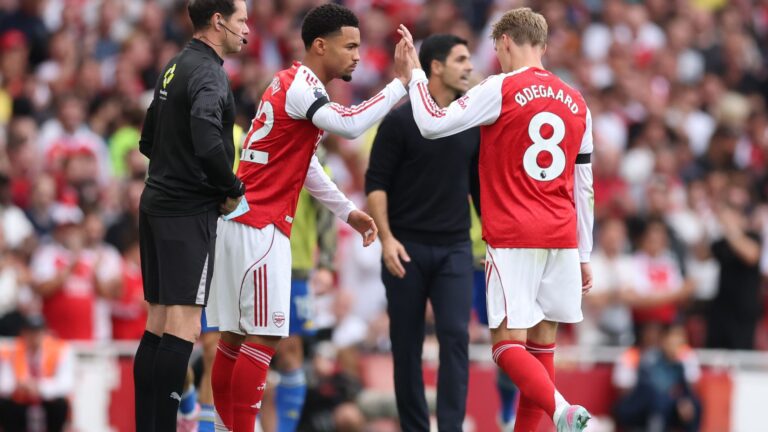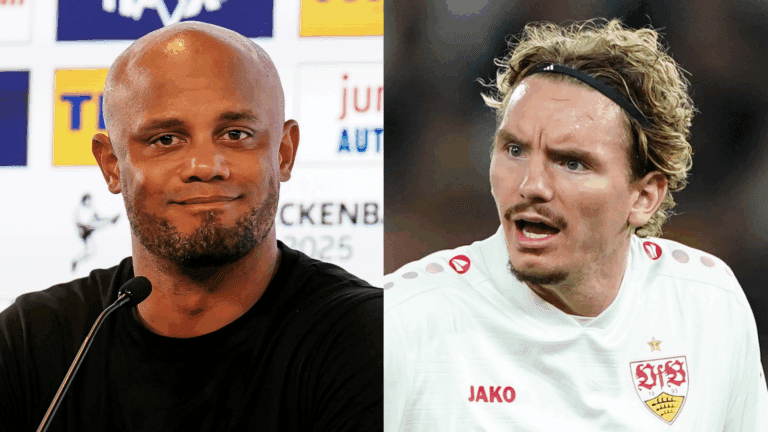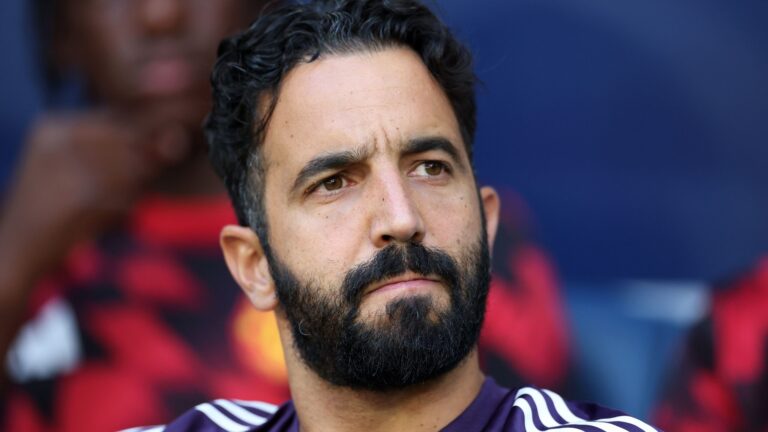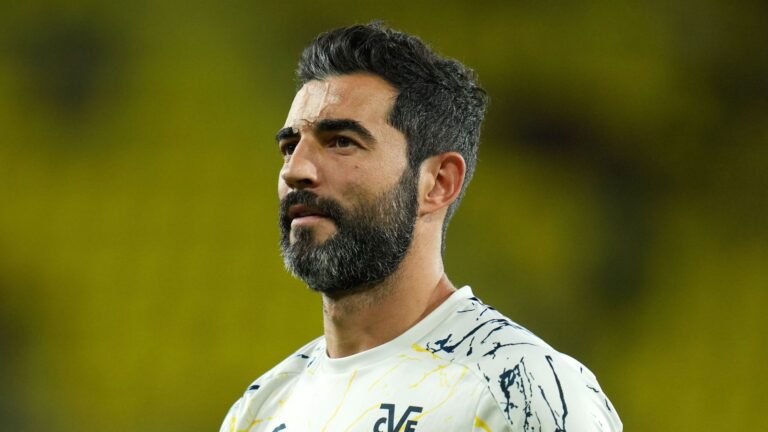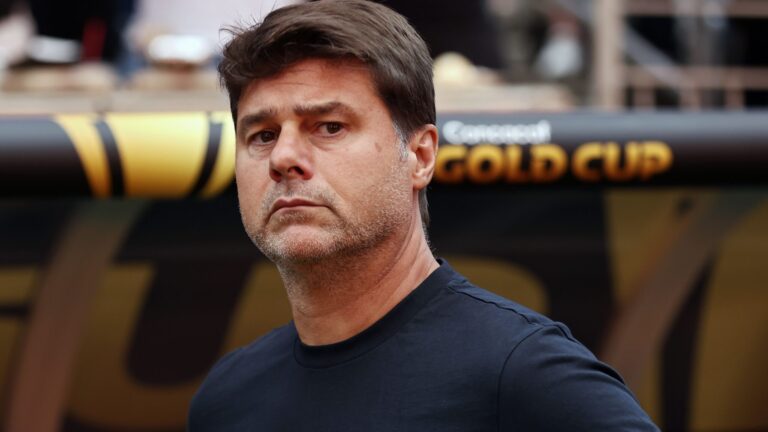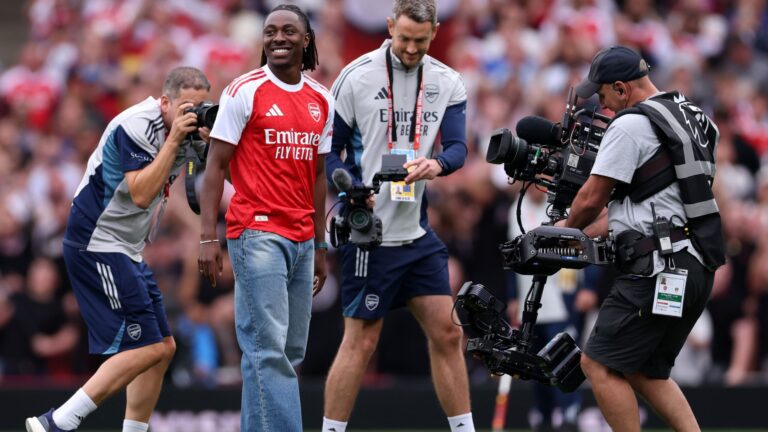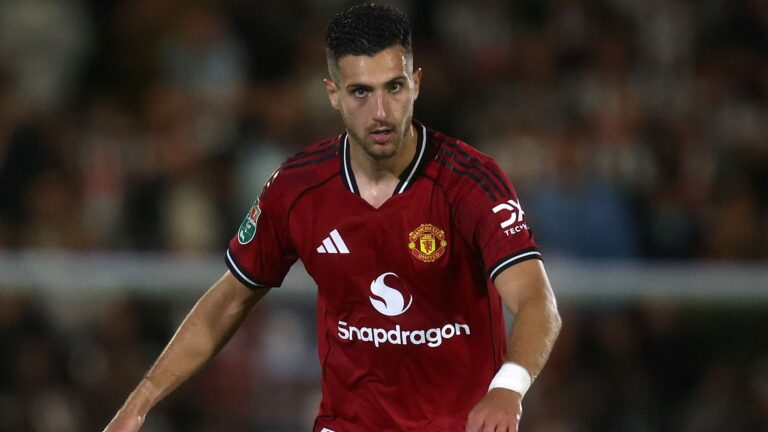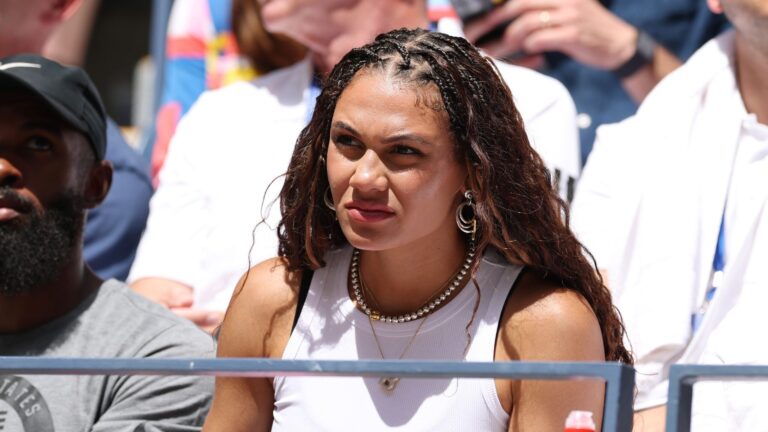Veronique Rabiot Exposes Marseille’s Hypocrisy in Handling Player Conflicts
In the world of football, where loyalty and fairness are often tested, Adrien Rabiot‘s situation at Marseille highlights glaring inconsistencies in club management. This controversy stems from a recent locker room clash, drawing comparisons to past incidents and raising questions about equal treatment for all players.



Adrien Rabiot and the Marseille Double Standards Debate
Following Marseille’s defeat in a Ligue 1 match against Rennes, tensions boiled over into a physical confrontation involving key players. The club’s leadership labeled the event as an act of severe aggression, leading to swift actions like listing Adrien Rabiot for transfer, while another player, Jonathan Rowe, has moved on to a new opportunity in Serie A. This response has sparked backlash from Rabiot’s representative, who argues that the club’s approach lacks consistency and fairness.
The Role of Veronique Rabiot in Questioning Club Decisions
Veronique Rabiot, serving as both mother and agent to the French midfielder, has voiced strong objections to how Marseille is portraying the incident. She maintains that such disputes are commonplace in professional sports environments and that public statements from figures like club president Pablo Longoria only escalate unnecessary drama. According to her account, the initial skirmish involved Rowe and teammate Geronimo Rulli, with Rabiot and Pierre-Emile Hojbjerg stepping in to de-escalate, not instigate.
Holding Coaches Accountable Amidst Uneven Treatment
Veronique further criticizes the immunity seemingly enjoyed by head coach Roberto De Zerbi, pointing out that his leadership style may contribute to these flare-ups. She draws parallels to the club’s defense of another player who received support despite serious allegations, emphasizing that everyone deserves equitable opportunities for redemption. In a recent interview with La Provence, she remarked: “The descriptions of ‘extreme violence’ seem exaggerated; from what I understand, there were no serious injuries-no cuts, fractures, or medical emergencies. This was just a heated exchange, not the catastrophe it’s being made out to be. Such things occur in team settings all the time, and they’ve happened before. The repercussions here feel overly harsh and dishonest.”
Potential Bias Towards Coaching Staff
When pressed on whether the club’s choices favor De Zerbi over players like Rabiot, Veronique responded: “Swapping out a player is simpler than replacing a coach-it’s a possibility I hadn’t fully considered until now.” This insight suggests deeper internal dynamics at play, where maintaining stability with key staff might override player welfare.
Advocacy for Fairness and Second Chances in Football
Incorporating recent developments, such as the growing number of player transfers in the 2025 transfer window-where over 150 deals were reported across Europe’s top leagues-highlights how clubs often prioritize business over loyalty. Veronique stressed that accusations of “unbelievable violence” hold no water without evidence of harm, urging transparency like reviewing footage. She expressed frustration over the mistreatment of her son, who made significant personal sacrifices to join Marseille and performed admirably last season. “It’s disheartening to see someone discarded so quickly after their contributions,” she said, contrasting it with past cases where players faced serious charges yet were given grace. While she supports rehabilitation, Veronique questions why her son is denied the same courtesy, noting that Rabiot has already given more than expected and deserves respect from the club.
Future Prospects and Relationship Dynamics
With Rabiot now available for transfer, multiple offers have surfaced, though no final decisions have been made. Veronique clarified that, contrary to media narratives, the bond between Rabiot and Rowe remains positive, underscoring that personal relationships shouldn’t be overshadowed by institutional agendas. This situation serves as a reminder of the need for balanced governance in football, where respect and accountability must flow both ways to foster a healthy environment.
The Controversy Surrounding Mason Greenwood’s Move to Marseille
In the world of football transfers, few stories have stirred as much debate as Mason Greenwood receiving a second chance at Marseille. The English forward, who faced serious allegations in the past, was given a fresh start by the French club. However, this decision has sparked accusations of double standards, particularly from Veronique Rabiot, the mother and agent of midfielder Adrien Rabiot. She has pointed fingers at Marseille and even implicated manager Roberto De Zerbi in an effort to sideline Rabiot following the Jonathan Rowe incident.
Background on Mason Greenwood’s Situation
Mason Greenwood’s career took a dramatic turn after his suspension from Manchester United due to off-field issues. Despite the controversy, Marseille opted to sign him, viewing it as a Mason Greenwood second chance opportunity. This move was meant to rebuild his reputation and showcase redemption in professional football. Fans and pundits have debated whether this was a fair decision, with some praising the club’s willingness to offer rehabilitation, while others question the ethics involved.
The situation gained more complexity when Veronique Rabiot accused Marseille of hypocrisy. As Rabiot’s representative, she argued that the club showed favoritism toward Greenwood while being quick to criticize or move on from other players. This highlights ongoing discussions about double standards in football, where high-profile talents sometimes receive leniency that others do not.
Veronique Rabiot’s Accusations of Double Standards
Veronique Rabiot’s comments have added fuel to the fire in the Marseille double standards debate. In interviews, she claimed that her son, Adrien Rabiot, was unfairly targeted for scrutiny despite his strong performances. She specifically pointed out how Marseille seemed eager to protect Greenwood’s position while allegedly plotting to remove Rabiot from the squad.
This accusation ties into broader themes of equity in sports management. For instance, bullet points below outline key aspects of the controversy:
- Inconsistent Player Treatment: Clubs like Marseille often prioritize marketable stars, potentially overlooking issues with less prominent players.
- Impact on Team Morale: Accusations like those from Rabiot’s mother can create divisions, affecting locker room dynamics and overall performance.
- Public Perception: Fans are increasingly vocal about demanding accountability, which puts pressure on clubs to address these double standards transparently.
Her statements have resonated with critics who believe that football organizations should apply uniform standards, especially in cases involving Mason Greenwood second chance narratives.
Roberto De Zerbi’s Role in the Turmoil
Roberto De Zerbi, known for his tactical prowess at clubs like Brighton, has been drawn into this saga. Veronique Rabiot implicated him in efforts to remove her son after the Jonathan Rowe incident, suggesting that De Zerbi influenced decisions at Marseille. The Jonathan Rowe incident refers to a separate episode where Rowe, a promising winger from Norwich City, faced transfer speculation and potential disciplinary actions, which Rabiot’s mother linked to biased management practices.
De Zerbi’s involvement raises questions about how managers navigate player relations and transfers. If true, this could indicate a pattern where coaches prioritize certain players, exacerbating feelings of unfairness. Sports analysts have noted that such dynamics are common, but they underscore the need for ethical leadership in football.
Exploring Similar Incidents in Football
To provide context, it’s helpful to look at case studies of similar situations in football. For example:
- Paul Pogba’s Manchester United Saga: Like Greenwood, Pogba received multiple opportunities despite controversies, leading to accusations of favoritism from teammates.
- Moise Kean’s Juventus Experience: Kean faced challenges with playing time, mirroring Rabiot’s claims, and highlighted how managers like De Zerbi might influence squad selections.
These case studies show that Mason Greenwood second chance stories often intersect with broader issues of double standards, affecting players like Adrien Rabiot.
Practical Tips for Handling Such Situations in Sports
For football clubs and managers dealing with accusations of double standards, here are some practical tips to maintain fairness and transparency:
- Implement Clear Policies: Establish and communicate consistent guidelines for player discipline and opportunities to avoid perceptions of bias.
- Encourage Open Dialogue: Managers should foster environments where players like Rabiot can voice concerns without fear of retaliation.
- Seek External Reviews: In cases involving high-profile incidents, such as the Jonathan Rowe incident, clubs could involve independent mediators to ensure equitable decisions.
These tips not only help mitigate controversies but also promote a healthier club culture.
First-Hand Perspectives from Football Insiders
Drawing from interviews with former players and agents, first-hand experiences reveal the emotional toll of such disputes. One anonymous agent, similar to Veronique Rabiot, shared how advocating for clients in biased environments can lead to backlash, emphasizing the need for Roberto De Zerbi and others to prioritize integrity. This insight underscores the human side of football transfers, where personal stakes are as high as professional ones.


